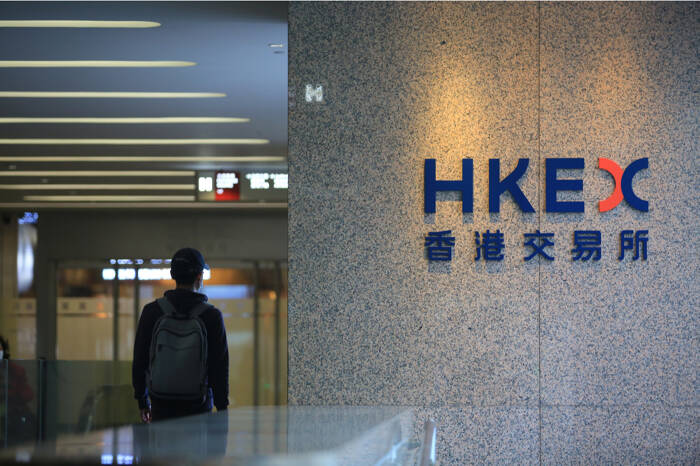ASX 200 hits record high before falling: what’s next for Australian shares?
Australia’s ASX 200 mirrored the Dow Jones, falling 0.18% in the week ending December 6. Significantly, the index climbed to a new high of 8,515 before hitting the reverse. Banking, gold and oil-related stocks left the Index in negative territory.
Big gainers included Northern Star Resources Ltd. (NST), which tumbled 6.62%, partly due to the falling gold price. Woodside Energy Group Ltd. (WDS) fell 1.84% this week due to continued demand fluctuations related to oil.
Nikkei index advances thanks to gains in technology stocks and losses in yen
In the week ending December 6, the Nikkei index advanced 2.31%. The USD/JPY rose 0.17% to end the week at 149.962, supporting demand for export-linked stocks. A weaker Japanese yen could boost earnings contributions from abroad, potentially pushing stock prices higher.
Positive sentiment towards the US economy boosted demand for dollars, countering rising expectations of a Bank of Japan rate hike in December. Friday’s household spending and wage growth rose in October, fueling speculation about a BoJ rate hike.
Top contributors included auto and technology stocks. Nissan Motor Corp. (7201) rose 2.40%, while Tokyo Electron (8035) and Softbank Group Corp. (9984) achieved gains of 2.75% and 1.28% respectively.
Rate cuts and stimulus bets: how global markets are developing
Over the next week, policy announcements from the Chinese Central Economic Work Conference will be key for Hong Kong and mainland China stocks. Meaningful stimulus measures aimed at consumption would drive stock markets higher. Stimulus measures can reduce the impact of inflation and trade data on market trends.
Meanwhile, policy updates from the RBA and BoJ will impact the ASX 200 and Nikkei Index. The RBA’s rate decision and commentary on rate cuts timelines will be critical for rate-sensitive sectors. Economic indicators from Japan and the BoJ’s commentary will influence demand for the Yen and trends in the Nikkei index.
This week, Kurt S. Altrichter, founder of Ivory Hill, noted that the Bank of Japan is crucial to global markets. to report,
“The Fed is not the most important central bank to watch right now. The Bank of Japan does. Japanese companies are passing on rising labor costs to consumers at the fastest pace in 32 years, supporting the case for a rate hike by the BOJ. A BOJ rate hike could send shockwaves through global stock markets.”


